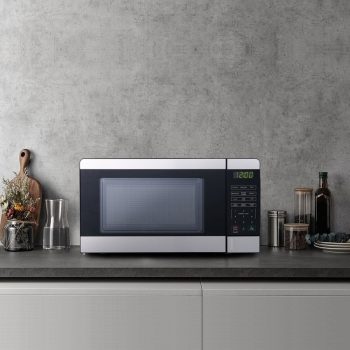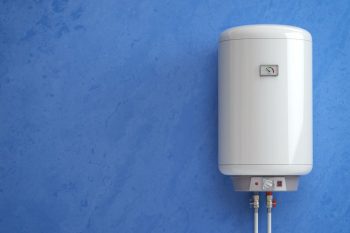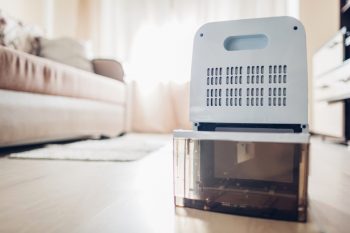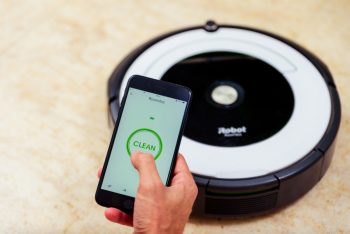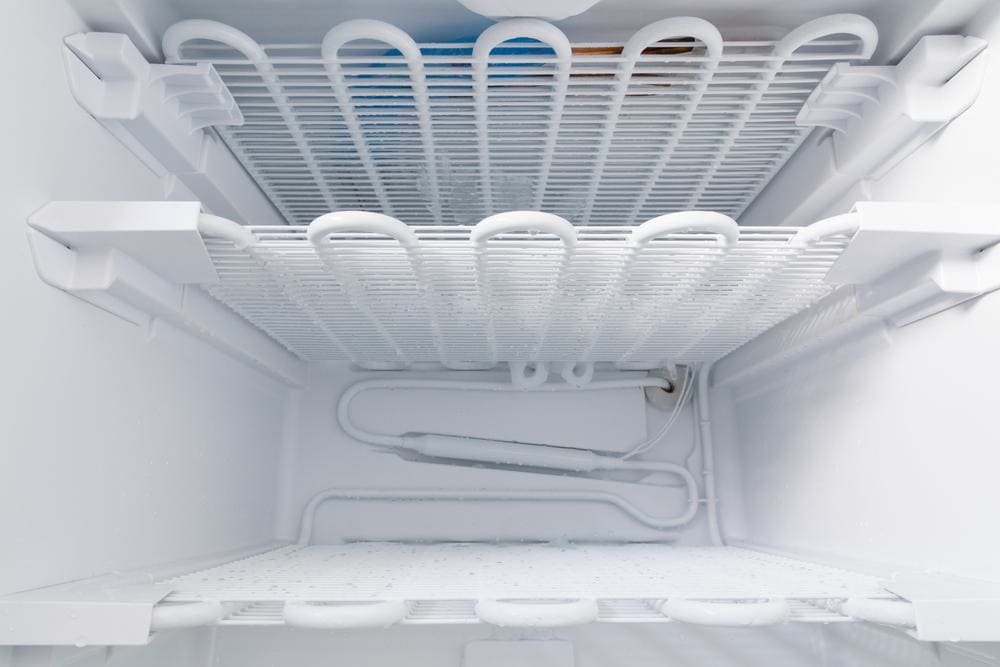
A Ground Fault Circuit Interrupter (GFCI) outlet is a safety device that quickly breaks an electrical circuit when it detects a leakage current to the ground, protecting people from electrical shock. However, it can be quite frustrating when your refrigerator keeps tripping the GFCI outlet. In this article, we will explore the reasons behind this issue and provide practical solutions to stop your refrigerator from tripping a GFCI outlet.
To stop a refrigerator from tripping a GFCI outlet, first reset the outlet and ensure the appliance isn’t sharing the circuit with other devices. Inspect the power cord for any damage and consider installing a dedicated circuit for the refrigerator. If the issue persists, you may install a snubber to reduce voltage spikes or replace the GFCI outlet with a standard one, after consulting with an electrician. If the refrigerator continues to trip the GFCI, it’s recommended to get it checked by a professional appliance technician.
Understanding the GFCI Outlet
Before we delve into the solutions, it’s essential to understand what a GFCI outlet is and how it works. A GFCI outlet monitors the electrical current flowing through a circuit. It measures the current leaving the hot side of the power source and compares it to the current returning to the neutral side. If there is an imbalance between the two, it indicates that some of the current is flowing along an unintended path, possibly through water or a person. In such cases, the GFCI detects the imbalance and quickly cuts off the electricity, preventing a lethal dose of electricity.
Why Does a Refrigerator Trip a GFCI Outlet?
A refrigerator can trip a GFCI outlet for several reasons. These include:
- Overloaded Circuit: If multiple appliances are plugged into the same circuit as the refrigerator, it can cause the GFCI to trip.
- Faulty Components: The refrigerator itself may have a faulty component, such as a compressor or motor, which is drawing too much power or causing a short circuit, resulting in the GFCI tripping.
- Ground Fault: A ground fault occurs when an electrical conductor comes into contact with a ground conductor or a conductive surface. If there is a ground fault in the refrigerator or its electrical system, it can cause the GFCI to trip.
- Startup or Shutdown of the Refrigerator Compressor Motor: It is common for the startup or shutdown of the refrigerator compressor motor to cause a GFCI to trip.
How to Prevent a Refrigerator from Tripping a GFCI Outlet?
To stop your refrigerator from tripping a GFCI outlet, follow these steps:
Step 1: Reset the GFCI Outlet
Unplug the refrigerator, reset the GFCI outlet by pressing the “reset” button, and plug the refrigerator back in. If the GFCI continues to trip, proceed to the next step.
Step 2: Check for Overloaded Circuit
Ensure that your refrigerator is not sharing a circuit with other appliances, as this can cause the GFCI to trip. If possible, plug the refrigerator into an alternative power outlet and see if it still trips.
Step 3: Inspect the Power Cord
Check the power cord for any damage or fraying. If you find any issues, replace the power cord.
Step 4: Consider a Dedicated Circuit
If the refrigerator continues to trip the GFCI, consult an electrician to install a dedicated circuit for the fridge.
Step 5: Install a Snubber
A snubber can be installed to reduce turn-on/turn-off voltage spikes, which may help prevent nuisance tripping.
Step 6: Replace the GFCI Outlet
If the issue persists, consider replacing the GFCI outlet with a standard outlet, especially if the refrigerator is on a dedicated circuit. However, this may not be compliant with local electrical codes, so consult an electrician before making any changes.
Remember that GFCI outlets are designed to protect against electrical shocks, so if your refrigerator is consistently tripping the GFCI, it may indicate an underlying issue with the appliance. In such cases, it is recommended to consult a professional appliance technician to diagnose and fix the problem.
The Bottom Line
While GFCI outlets are an essential part of household safety, they can sometimes cause issues with large appliances like refrigerators. If your refrigerator is frequently tripping the GFCI outlet, it’s important to identify the problem and take appropriate measures to resolve it. Always consult a professional electrician if you’re unsure about any of these steps or if the problem persists.
Frequently Asked Questions
What is a dedicated circuit?
A dedicated circuit is a circuit that is reserved for a specific appliance or set of appliances. It ensures that appliances have enough power to operate without overloading the system.
What is a snubber?
A snubber is a device used in electrical systems to suppress voltage transients, which can help prevent GFCI tripping during the startup or shutdown of the refrigerator compressor motor.
Can I replace a GFCI outlet by myself?
Replacing a GFCI outlet requires knowledge of electrical systems, and any mistakes can be dangerous. It’s always recommended to consult with or hire a professional electrician for the job.
What are the signs of a faulty component in my refrigerator?
Signs of a faulty component in a refrigerator can vary, but some common ones include unusual noises, the refrigerator not cooling properly, or the refrigerator cycling too often. If your refrigerator is tripping the GFCI outlet, it could also be a sign of a faulty component.
How often should I inspect the power cord of my refrigerator?
It’s a good practice to inspect the power cord of your refrigerator every few months. Look for any signs of damage, such as fraying, burns, or cuts. If you notice any damage, replace the power cord immediately to prevent any electrical issues.

